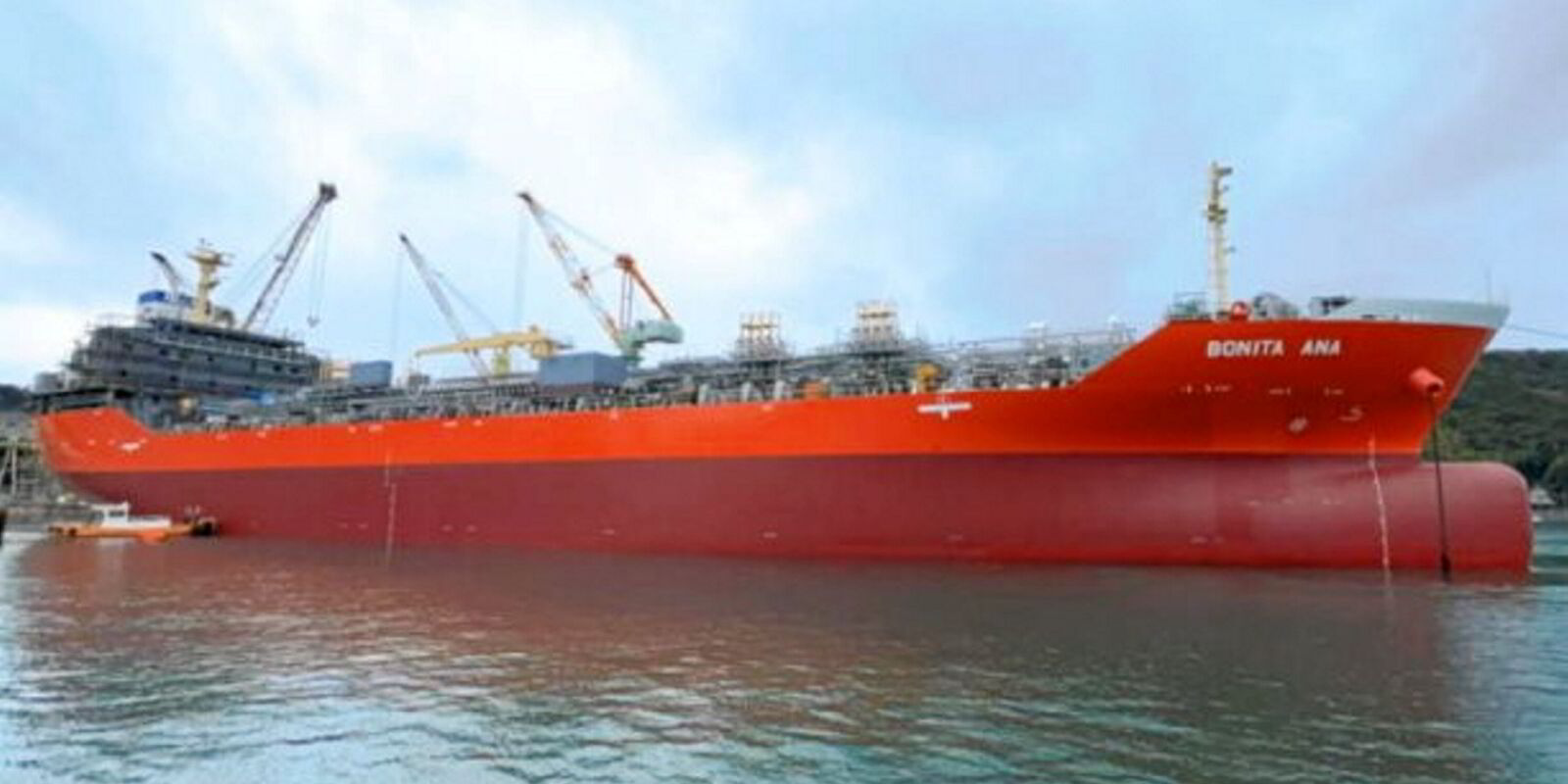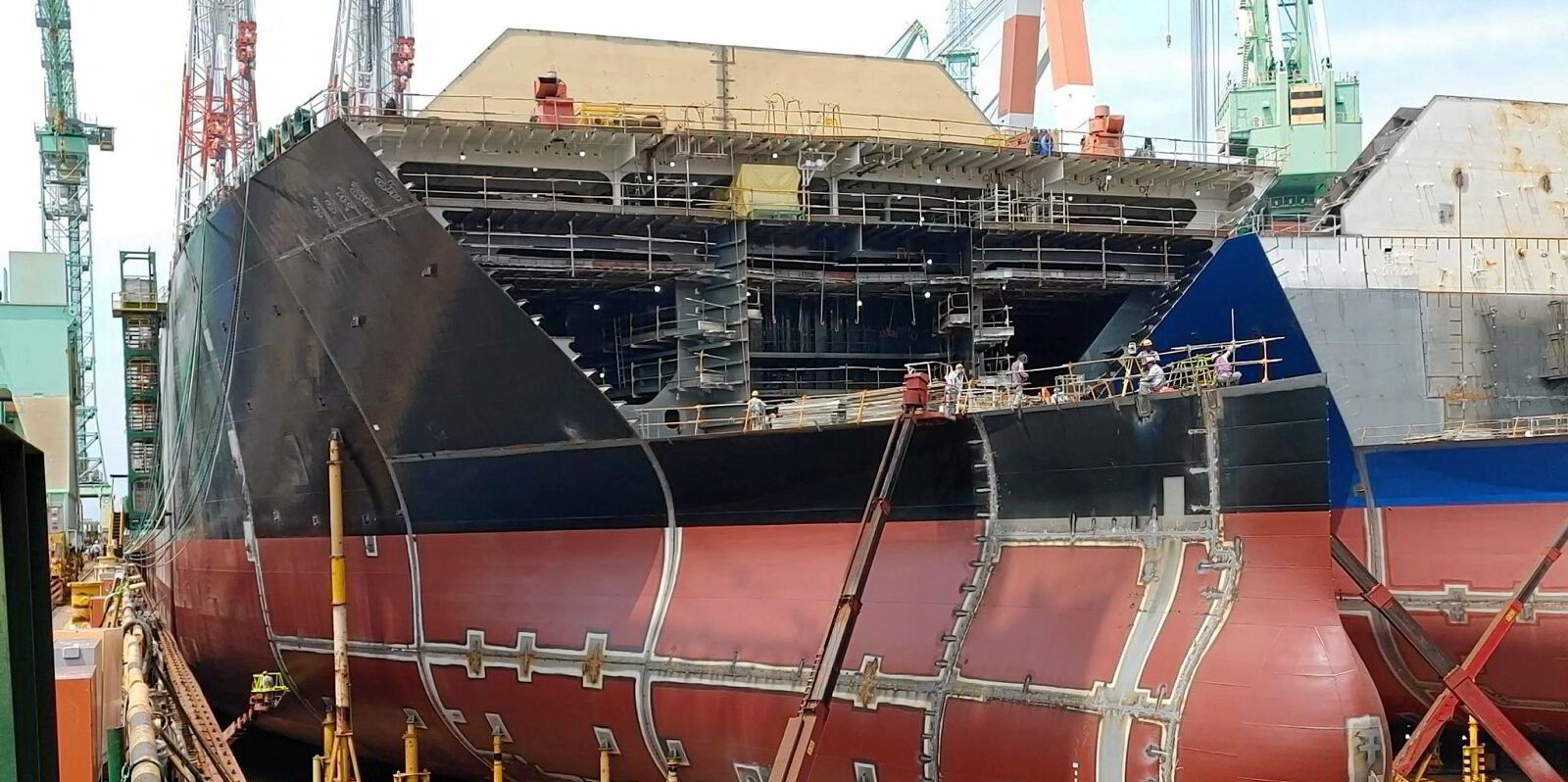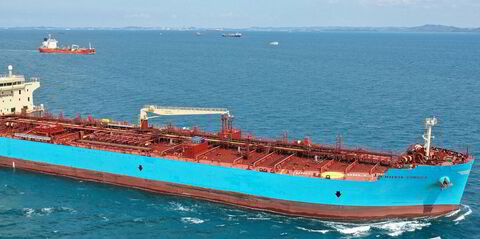Orders for small chemical tankers have surged as rates spike, according to UK shipbroker SSY.
This long-neglected 1,000-dwt to 6,000-dwt sector has been one of the fastest ageing in the tanker fleet.
Some ships still date from the early 1970s, when the bulk chemical trade was just taking off.
“But as traded volumes and distances grew larger over the years, owners followed suit with ordering bigger ships, leaving the coasters segment underinvested and ageing fast,” SSY said.
The fleet shrank by about 150 ships through demolition and minimal ordering between 2010 and 2022.
“However, since 2022 a confluence of factors have brought an unprecedented boom to the chemical tanker market. With the global chemical tanker fleet working at full capacity due to increased tonne-mile demand, it quickly became obvious that small ships are in short supply,” the brokerage noted.
Many vessels are on long-term charters, serving smaller and older refineries.
“With the sudden tightness in this segment, among others, time charter rates reached eye-watering levels,” the London shop said.
Scrapping has now dropped dramatically. Last year, just three ships were sent to breakers, while 84 tankers reached 25 years of age but continued trading.
Wave of new investment
The fleet stood at 791 ships early this year, but the orderbook contained just 10 vessels.
“We are now approaching the end of a year when the chemical tanker market has continued to enjoy above average returns which have attracted a wave of investment in new ships despite ever-rising newbuilding prices,” SSY said.
“The segment of the 1,000-dwt to 6,000-dwt ships has seen an almost quadrupling of its orderbook, which reached 38 ships and 4.6% of the current fleet,” the company added.
Owners have ordered 16 vessels this year.
GEFO of Germany inked 10 ships of 3,850 dwt due from China between 2026 and 2028, while Sirius Marine of Singapore and China’s Jiangxi Donggang have also put pen to paper on new contracts this year, according to London-listed broker Clarksons.
Many of the ageing refineries the small tankers serve are now set for closure, SSY explained.
“These ships will likely stop trading when the refineries and plants, which they have been servicing, are closed down,” the brokerage said.
“The extent of the capacity closures in Europe may prompt a far larger scrapping wave that may also engulf vessels as young as 20 years or less as the continent continues to struggle with tepid demand, high costs and intense competition from abroad,” SSY added.
Against this background, the new orders make sense, the broker argued.
However, older tankers may still be able to extend their working life with employment in West Africa, which may see a growing coastal trade.






